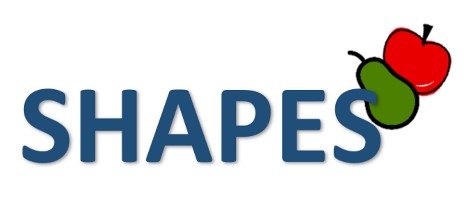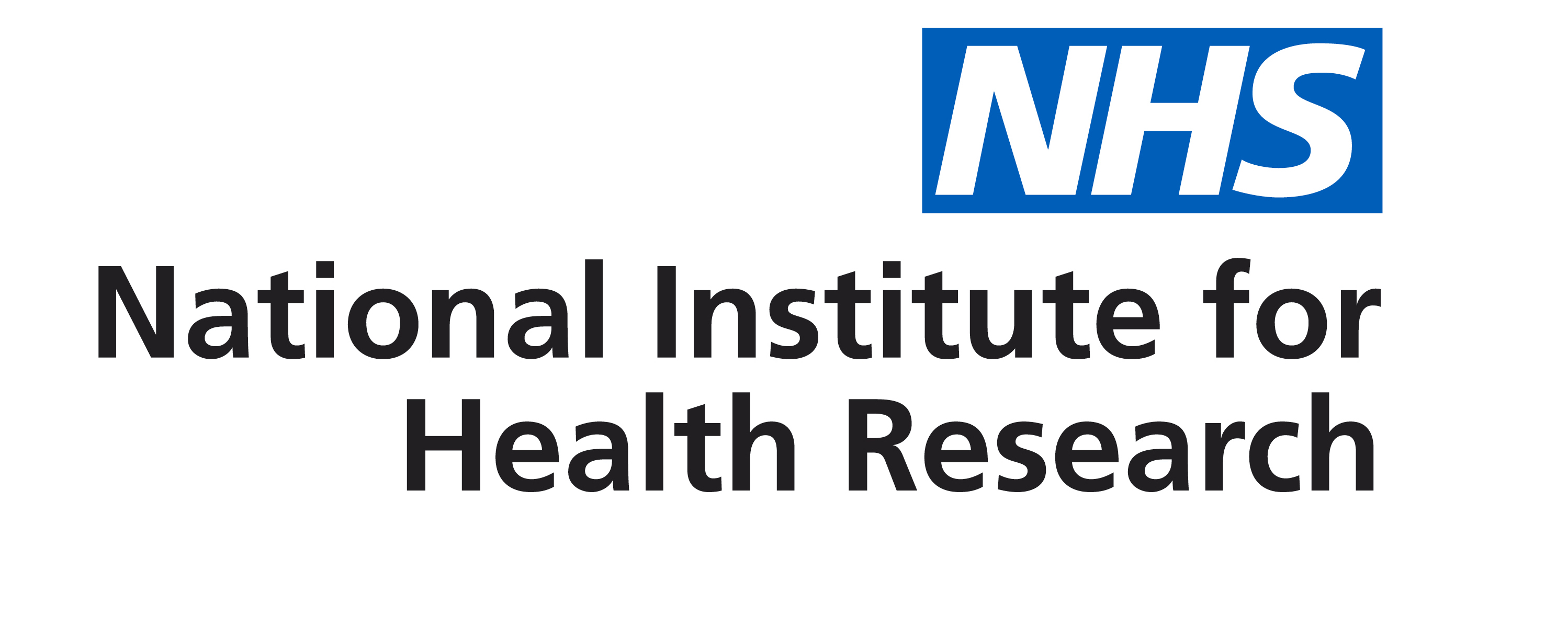3. Cost Effectiveness Study
When pregnant women are significantly overweight, this can increase their chances of developing health problems like pregnancy diabetes or dangerously high blood pressure. Currently, NHS doctors and midwives use the BMI (Body Mass Index) measurement to work out which pregnant women might need extra check-ups and care. However, BMI may not accurately predict who will develop these problems. This means that sometimes pregnant women who are actually at high risk don't get the extra support they need, while other women might receive additional care they don't require.
Researchers think using alternative methods such as waist circumference measurements or ultrasound scans of abdominal fat may better identify the women who are truly at risk. While this may then improve mothers and babies’ health, it could also involve additional costs for the NHS.
The SHAPES economic study is comparing these different measurement methods against the BMI-based approach in terms of potential costs and benefits. The aim is to determine whether adopting these new methods offer better value for money for the NHS, while improving maternal and infant health outcomes. This result of this economic analysis will inform decisions on implementing cost-effective assessment strategies in maternity care within NHS.
- SHAPES Cohort Study
- SHAPES Individual Participant Data Study
- Cost Effectiveness Study
- Qualitative Study
- Shapes Bio Study




